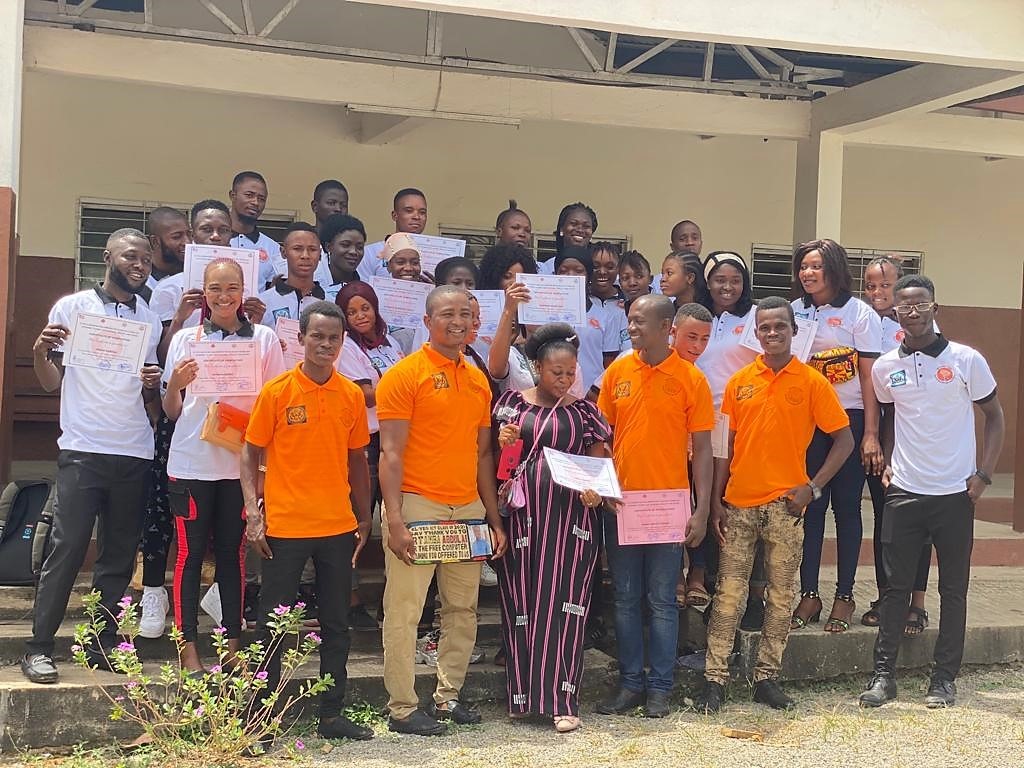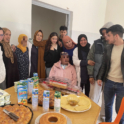Maryame has taken the lessons learned from her exchange year to make a difference in her community.
STORIES
YES Alumni Grant: Information Communication Technology Training
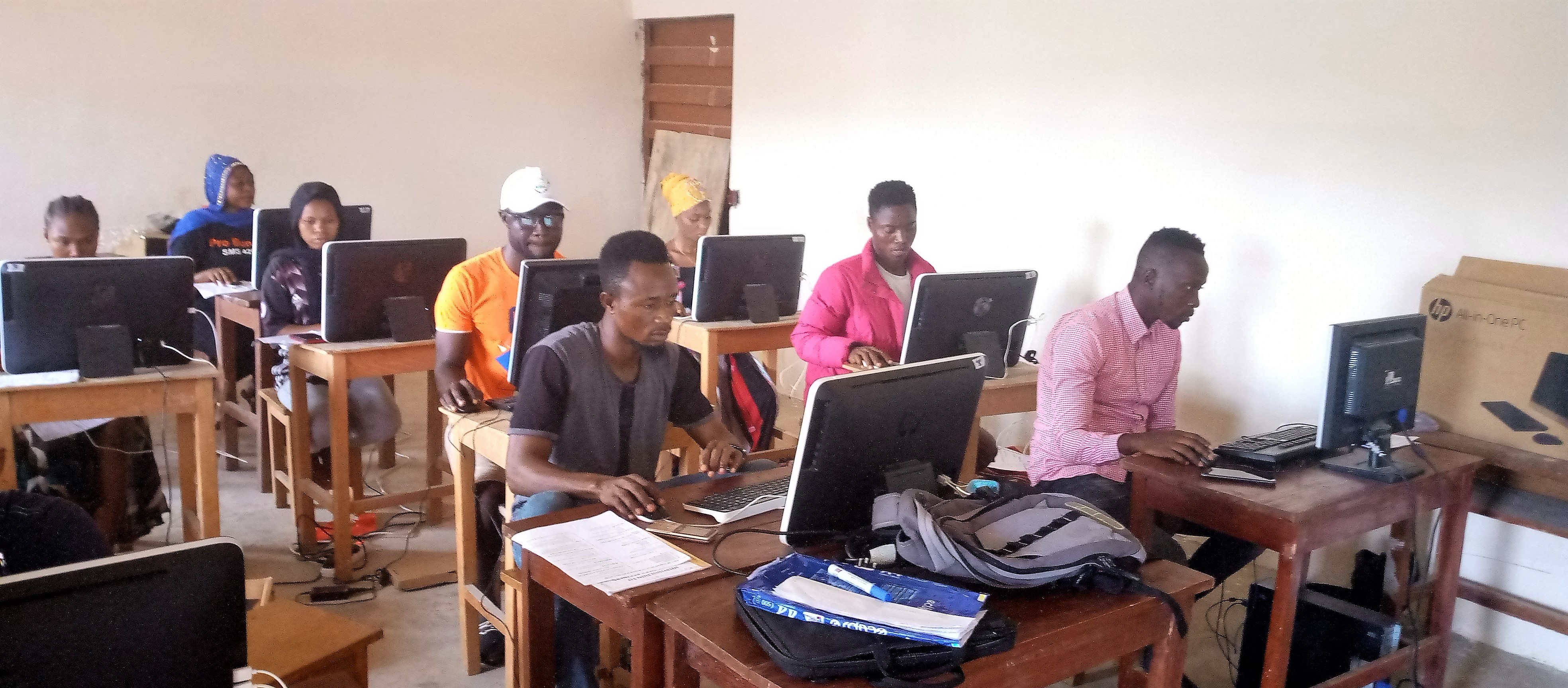
By Tamba Abdulai (YES 2013-2014, Sierra Leone, placed by AYUSA in Greeley, CO)
Two months before traveling to the United States, I got my first email address, but I didn’t know how to use it. Two weeks after my arrival in Colorado, I was introduced to a computer by my host mom. There were many daunting tasks that followed: learning how to use a mouse and type with two hands.
Looking back to those initial times of learning computer skills now brings me laughter. While in the U.S., I saw a clear contrast between the digital world and the analogue world I was coming from in Sierra Leone. My host mom created a Facebook account for me and had to teach me basic things about navigating the web, how to do my monthly YES student survey, and how to navigate my email, inbox, outbox, trash, etc. I was inspired by the digital tools that made everything seemingly possible in the U.S. I was quick to realize how illiterate I was when it came to information communication technology before I left for the U.S., and I knew I wanted to pass on this knowledge to others when I returned to Sierra Leone.
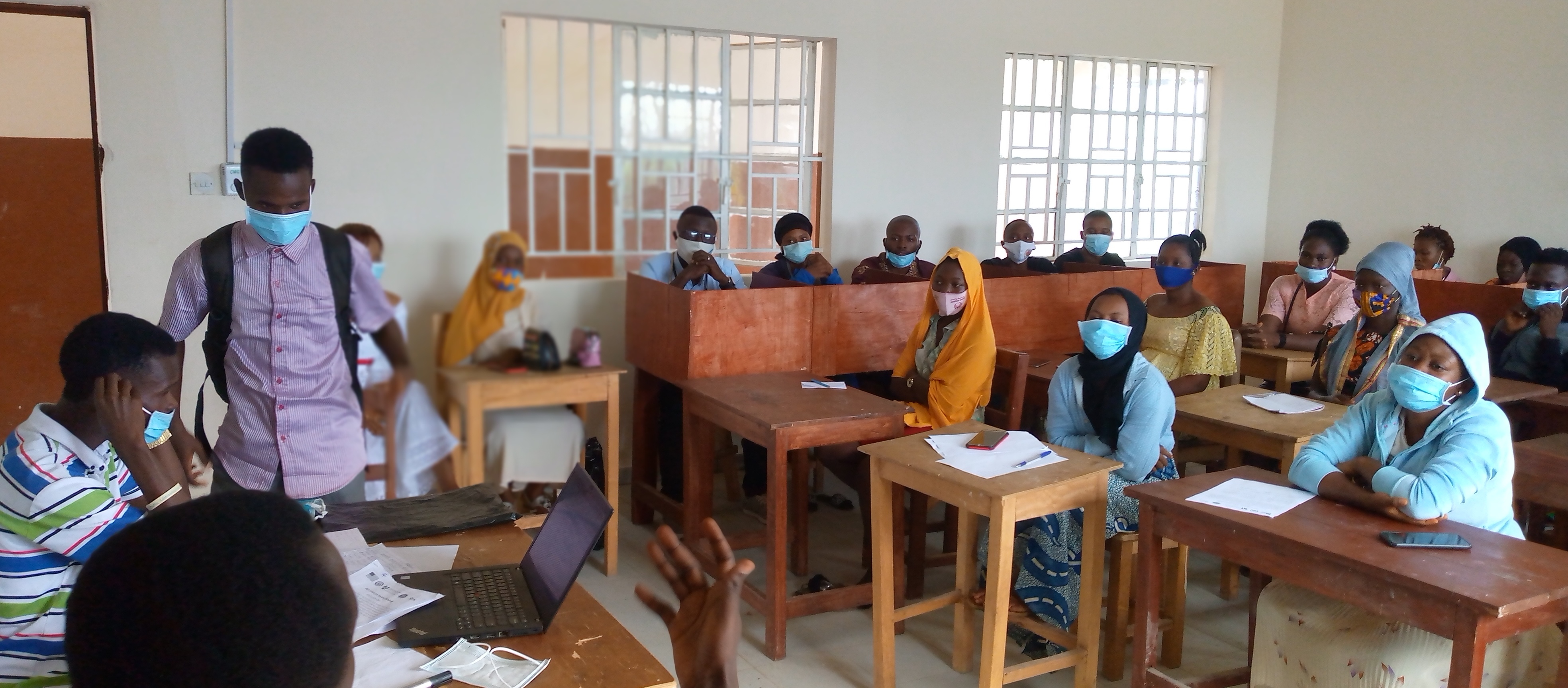
I returned to Sierra Leone with these extremely valuable skills that would, no doubt, serve as a springboard for my personal, intellectual, and professional development. Because of the computer skills I learned while on the YES program, I’m now employed in the Strategic Health Information Unit at Partners in Health, an American NGO operating in Sierra Leone.
This Information Communication Technology grant project was important to me because the use of technology and computer skills has helped make communication easier all over the world. Additionally, nearly all employers look for computer skills for professional positions. Sierra Leone has a population of seven million people with a very low rate of computer literacy. Most university students arrive at their universities without any computer skills and find it challenging to undertake research or write papers. The goal of my grant project was for the project’s beneficiaries to able to apply themselves in university and become competitive in the job market.
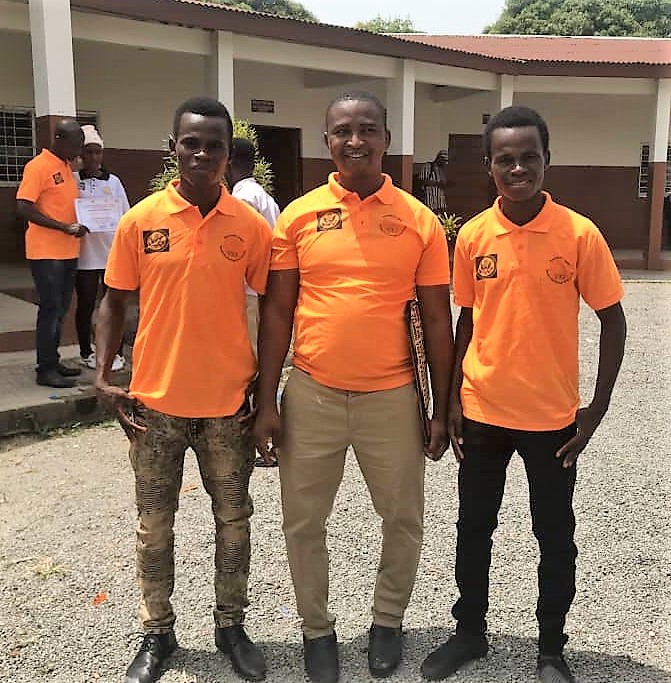
The grant project was conducted from July 2021 to February 2022. At the start, a committee of key stakeholders helped make decisions about the project set-up, and application forms for the ICT program were broadcast through local radio for interested participants to apply. In total, 75 young people were recruited, and 60% of the project participants were female. A three-day orientation was held for participants, giving them an overview of the training and background on the YES program. Participants started classes with no prior understanding of computes, and it was thrilling to see the progress and impact the project had on their lives.
Training participants, who were from the Kono District and most from low-income families, were trained in computer programs, including Microsoft Windows, Word, Excel, Publisher, PowerPoint, and basic internet skills to enhance research and communication.
One of the participants shared his story of losing an administrative job due to his lack of computer skills. In February, after the training, he applied for a similar position and was hired because of the skills gained from this project.
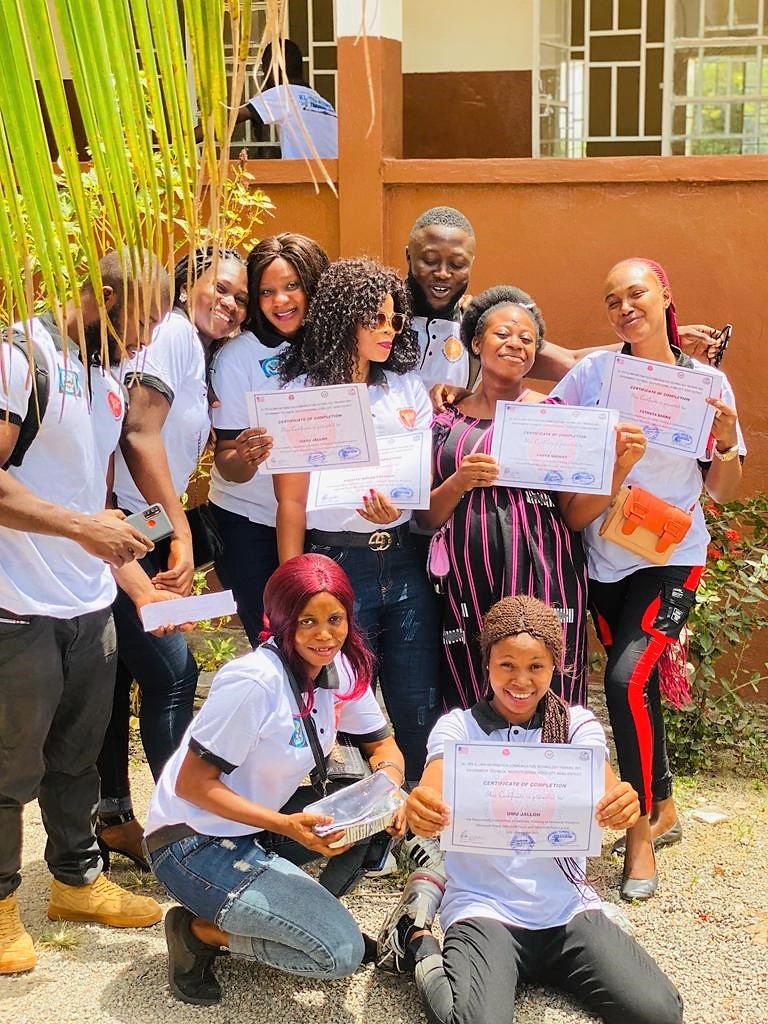
In the pre-workshop survey, all students reported never having touched a computer. In the final survey, 100% of the students said they felt confident working on a computer and solving tasks given to them on various programs they were taught.
“I want to say thanks to the sponsors of the KL-YES ICT training for the free computer program offered to me,” said participant Mariama Sajor Bah. “I had never touched a computer prior to this training, but thanks to the YES program, now I am able to do so."
My long-term plan for this project is to continue ICT trainings with a focus on high school students, in hopes of preparing them with ICT knowledge before going to university, so they stand a better chance for employment by having honed their computer skills throughout their studies. I hope to train at least 50 participants each year.
I feel so happy and proud to have impacted the lives of these youths because of the skills I gained from the YES program. I feel honored and respected by the beneficiaries and have gained a lot of new friends. I learned from this project that a little knowledge gained today can lead to a big impact tomorrow.
Thanks to the U.S. Department of State, Bureau of Educational and Cultural Affairs and the YES program. Lastly, thank you to my hero, Dr. Rebecca Kahn at the Government Technical Institute-Dorma.
